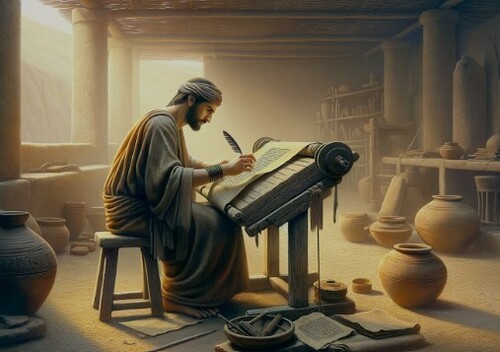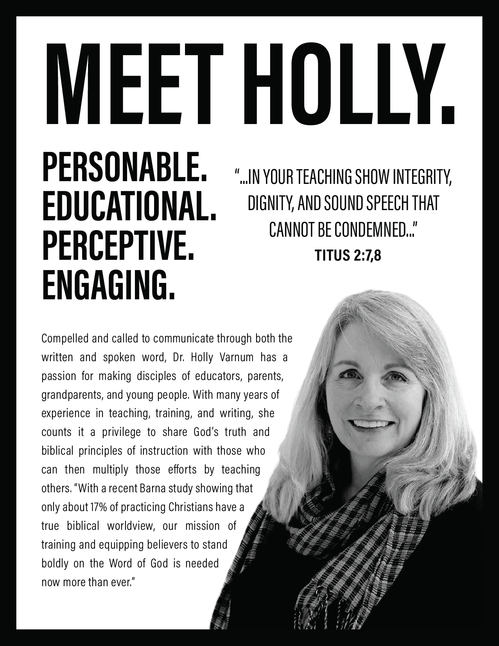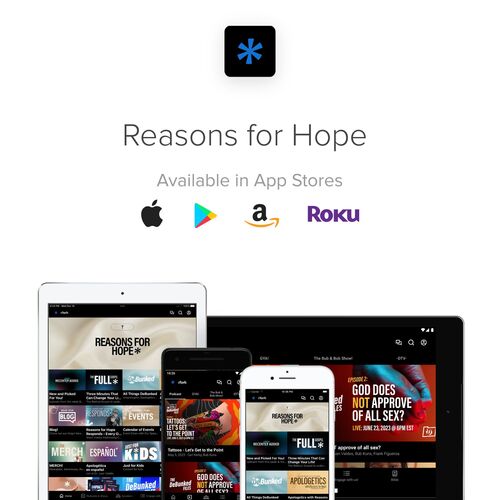Remarkably Reliable
One click . . . that’s all it takes for information to be distorted in today’s world. Man’s word is not reliable. In stark contrast, the enduring accuracy of the Bible stands as a testament to its divine origin and preservation. This ancient text, revered by millions worldwide, has withstood the test of time, scrutiny, and skepticism. In today’s blog, we will embark on a journey exploring the incredible reliability of both the Old and New Testaments, and discover why we can trust the Bible as the authentic Word of God.

The Meticulous Preservation of the Old Testament
Imagine a time before printing presses and digital technology, when every word of Scripture had to be painstakingly copied by hand. The dedication of Jewish scribes to preserving the Old Testament was nothing short of extraordinary. These devoted individuals didn't just copy text; they engaged in a level of precision that borders on the miraculous.
Picture a scribe, hunched over a scroll, not just writing but counting each individual letter. This wasn't mere perfectionism; it was a sacred duty. The reverence for God's Word was so profound that if even a single error was found in a copied scroll, the entire document was destroyed. This meticulous approach to preservation yielded astounding results.
The discovery of the Dead Sea Scrolls provides a striking example of this preservation in action. These ancient manuscripts, dating back over 2,000 years, were found to be virtually identical to the modern copies of the Old Testament. Think about that for a moment―documents separated by millennia, yet almost indistinguishable. As theologian Norman Geisler aptly put it, "The text of our modern Bibles is so close to the original that we can have every confidence that what it teaches is truth."
The New Testament: Unparalleled in Ancient Literature
Shifting our focus to the New Testament, we find a similar story of remarkable preservation, but with an added layer of abundance. The New Testament stands alone as the most copied writing of ancient times. Today, scholars have access to thousands of Greek manuscripts, providing an unparalleled wealth of evidence for the faithful transmission of these sacred texts.
Consider the challenge of hand-copying documents over centuries. Despite this daunting task, New Testament manuscripts show an incredible level of consistency. Copies separated by almost two millennia show only the slightest variations. This level of textual agreement is unheard of in other ancient literature.
F. F. Bruce, a renowned theologian, emphasized this point: "There is no body of ancient literature in the world which enjoys such a wealth of good textual attestation as the New Testament." This isn't just academic jargon; it's a powerful statement about the reliability of the Scriptures we read today.
A Comparison to Other Ancient Texts
To truly appreciate the reliability of the New Testament, it's helpful to compare it with other revered ancient writings. Let's consider Homer's Iliad, a cornerstone of classical literature. We have around 600 copies of this epic poem, with the oldest dating to about two centuries after its original composition. Now, contrast this with the New Testament―over 5,000 ancient manuscripts, with the oldest fragment dating a mere 70 years from the original writings.
Or take Julius Caesar's The Gallic Wars, another important historical document. We have only 10 copies, with the oldest being a staggering nine centuries removed from its original. Yet, no serious scholar questions the authenticity of these works.
The abundance and age of New Testament manuscripts dwarf these examples. As F. F. Bruce noted, if the New Testament were treated like any other ancient text, its authenticity would be beyond question. The fact that it faces more scrutiny than other written works speaks volumes about its significance and the stakes involved in its message.
Prophecy: The Bible's Built-in Verification System
Beyond its textual reliability, the Bible offers another compelling reason to trust its divine origin―prophecy. The Old Testament contains over 300 specific prophecies about the coming Messiah, penned centuries before Jesus Christ walked the earth. Prophets like Isaiah, Jeremiah, and Micah provided detailed descriptions of the Messiah's life and ministry, painting a picture that would later be fulfilled with astonishing accuracy.
Mathematician Peter Stoner decided to put these prophecies to the test. He calculated the probability of just eight Old Testament prophecies being fulfilled by one person. The result? One chance in 1017―that's a "1" followed by 17 zeros! To put this in perspective, it's akin to covering the entire state of Texas two feet deep in silver dollars, marking just one, and then having a blindfolded person select that exact coin on their first try.
Now, multiply this improbability by the fact that Jesus fulfilled not just eight but approximately 300 prophecies! The mathematical impossibility of this occurring by chance is mind-boggling. It not only confirms Jesus as the prophesied Messiah but also validates the supernatural origin and reliability of the Bible itself.
How Does This Knowledge Impact Us Today?
When we think about the remarkable preservation and prophetic accuracy of the Bible, we're faced with a profound question: What does this mean for us today? The reliability of Scripture isn't just an academic curiosity; it has real-life implications for how we view the world and our place in it―i.e., our worldview. I challenge you to approach this ancient text with fresh eyes, recognizing it not just as a historical document but as a living message that has transcended time and culture (Hebrews 4:12).
The Bible's reliability challenges us to engage with its content seriously. It invites us to explore its teachings, wrestle with its truths, and consider its claims about God, humanity, and eternity. The Bible offers a solid foundation―a touchstone of truth that has withstood centuries of scrutiny.
The apostle Peter wrote, "We did not follow cleverly invented stories when we told you about the power and coming of our Lord Jesus Christ, but we were eyewitnesses of his majesty" (2 Peter 1:16). The Bible isn't a collection of myths or legends; it's a reliable record of God's interaction with humanity, preserved through the ages for our benefit. God has gone to great lengths to preserve His Word because it contains a life-giving message for all that is worth hearing―and truth worth living. Carry its message confidently and boldly to offer its message of hope to a lost and dying world.
Psalm 119:89-96
Forever, O Lord, your word is firmly fixed in the heavens. Your faithfulness endures to all generations; you have established the earth, and it stands fast. By your appointment they stand this day, for all things are your servants. If your law had not been my delight, I would have perished in my affliction. I will never forget your precepts, for by them you have given me life. I am yours; save me, for I have sought your precepts. The wicked lie in wait to destroy me, but I consider your testimonies. I have seen a limit to all perfection, but your commandment is exceedingly broad.
To learn more about Holly and to book her as a speaker/teacher for girl's, women's, or educational meetings, please click HERE.

Thrive in 2025! Download our FREE APP!
To encourage you in your walk with Christ, download our free app where you will find hundreds of digital resources to train and equip you in staying bold in your faith. Just click HERE, and look for the blue asterisk on the black background.

Recent
Archive
2026
2025
February
March
April
May
June
July
August
November
2024
February
March
April
May
June
July
August
September
November

No Comments